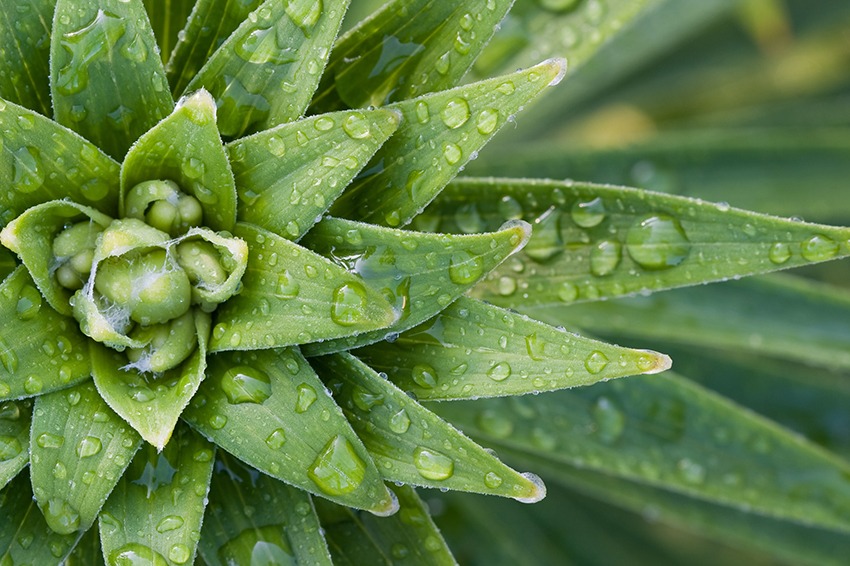Harpin is one of a class of proteins produced in nature by certain bacterial plant pathogens.

It acts by eliciting a complex natural defense mechanism in plants, analogous to a broad spectrum immune response in animals.
by John Bagnasco
While most pesticides act directly on the target pest, Harpin elicits a protective response in the plant that makes it resistant to a wide range of fungal, bacterial, and viral diseases. Because Harpin does not interact directly with disease pests, these organisms do not develop resistance to it. Harpin protein can be used on a broad range of crops, including traditional field crops, minor use crops, turf and ornamentals. With no expected adverse effects to human health or the environment, use of Harpin protein has the potential to substantially reduce use of more toxic pesticides, especially fungicides and certain soil fumigants, such as methyl bromide.
In nature, Harpin is produced by Erwinia amylovora, a bacterium that causes the disease fire blight in apples and pears. A weakened strain of Escherichia coli was modified to produce Harpin on a commercial scale. Commercially produced Harpin protein is identical to the protein that occurs in nature. E. coli K-12 is considered to be a non-pathogenic, nutritionally deficient bacterium which is unable to grow in the environment. Harpin is concentrated from the growth medium of the genetically modified E. coli, and the bacterial cells are killed and removed from the marketed product.
Because of the low use rates and lack of demonstrated toxicity to humans and nontarget organisms, it is also expected to be an excellent alternative to more toxic conventional fungicides. As an example, Harpin has been used effectively in tomato Integrated Pest Management (IPM) programs, decreasing usage of conventional fungicides and insecticides by an average of 70%, while controlling diseases as well or better than conventional fungicides.
Benefits from Harpin use by gardeners can include:
- Improved plant health - reduction of nematodes by an average of 50%
- Increases the shelf life of fresh cut vegetables by 5-7 days
- Accelerates plant development - increased roots, fruit size and number, early flowering, fruit set and maturation
